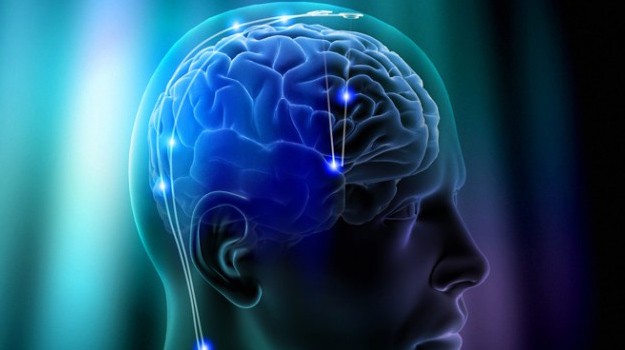PTSD and chronic stress may be damaging to one’s physical health, significantly increasing the risk of infections, according to a new study released in Epidemiology.
“It is unknown whether posttraumatic stress disorder (PTSD) is associated with incident infections,” said Tammy Jiang, co-author of the study. “This study’s objectives were to examine the association between PTSD diagnosis and 28 types of infections and the interaction between PTSD diagnosis and sex on the rate of infections.”
For the study, a team of researchers at Boston University School of Medicine scoured through a longitudinal nationwide cohort study of participants residing in Denmark diagnosed with PTSD between 1995 to 2011.
The team fit Cox proportional hazards regression models to identify any links between PTSD and infections.
At the conclusion of the study, it was determined that individuals suffering from PTSD were nearly two times as likely to contract any form of infection, like influenza or viral hepatitis, compared to participants without PTSD.
From the findings: “Our study adds to the growing evidence suggesting that PTSD and chronic severe stress are damaging for physical health,” Jiang stated.
“The association between PTSD diagnosis and some infections (e.g., urinary tract infections) were stronger among women, whereas other associations were stronger among men (e.g., skin infections).”
The findngs, researchers proclaim, are the first to thoroughly examine the correlation between PTSD and the many infections assocaited with the nationwide cohort study.
“This study’s findings suggest that PTSD diagnosis is a risk factor for numerous infection types and that the associations between PTSD diagnosis and infections.”


